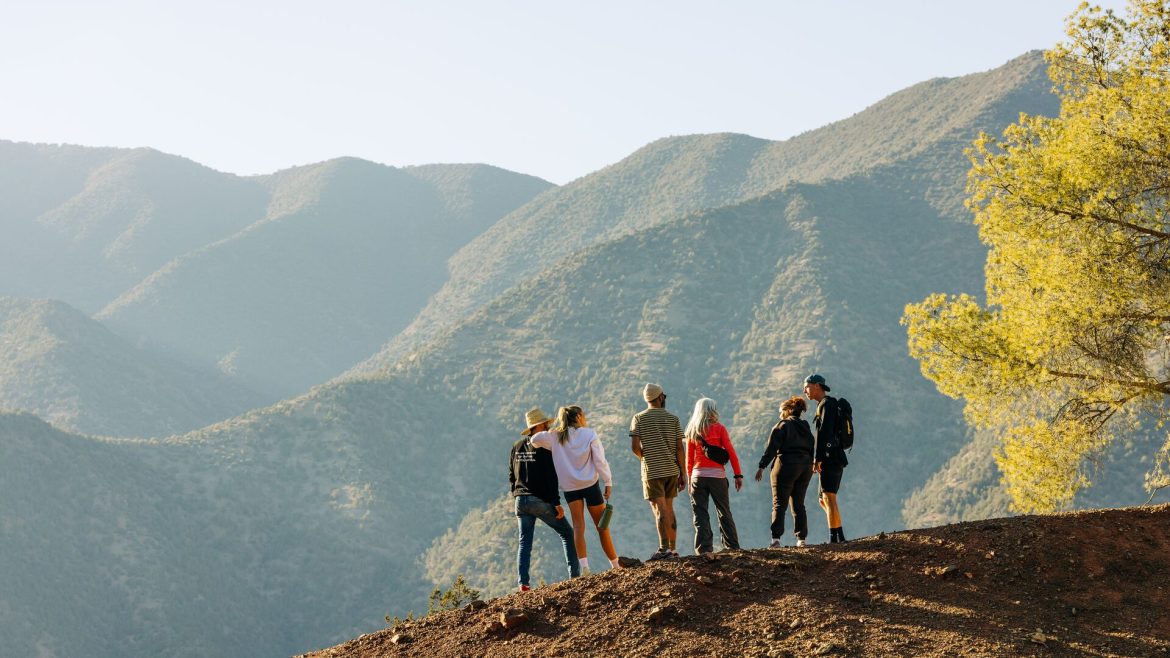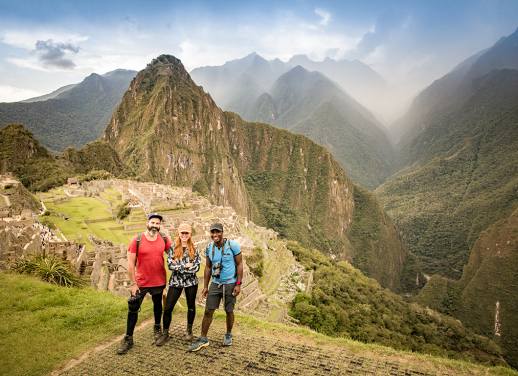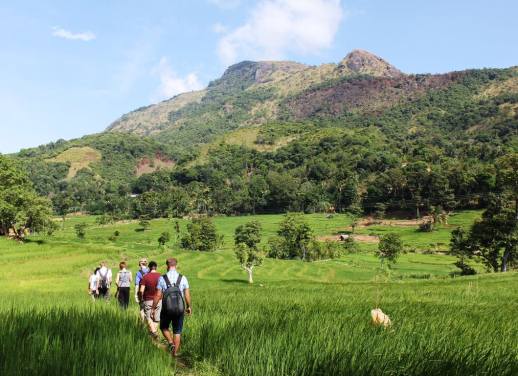Imagine a holiday where you truly unwind, savouring every moment without rushing from one attraction to the next. Welcome to the slow travel movement.
In the early 1800s, scientists were working on a sci-fi-esque technology that would revolutionise how people spoke to each other: the telegraph.
They had to work with a current: a continuous, stable electrical current. What they lacked was a way to turn this super-fast electricity into coherent communication. Lots of wacky ideas were put forward, but it wasn’t until the 1830s that someone realised the trick might be quite simple: switching the thing off.
A binary system was developed, where interruptions in the current – little blips of coded absence – could take the place of letters. For the first time in human history, people on one side of the world could talk to those on the other side almost instantly.
This watershed moment was immediately followed by concerns about how this newfangled tech would be the downfall of human connection, independent thought and basic grammar. Telegraph operators used to save time by abbreviating phrases – BTU was ‘back to you’ and ‘see you later’ became CUL.
Sound familiar?
Fast forward 200 years and our obsession with speed persists, with instant gratification on tap and the sum-total of human information literally at our fingertips.
Enter the slow movement.
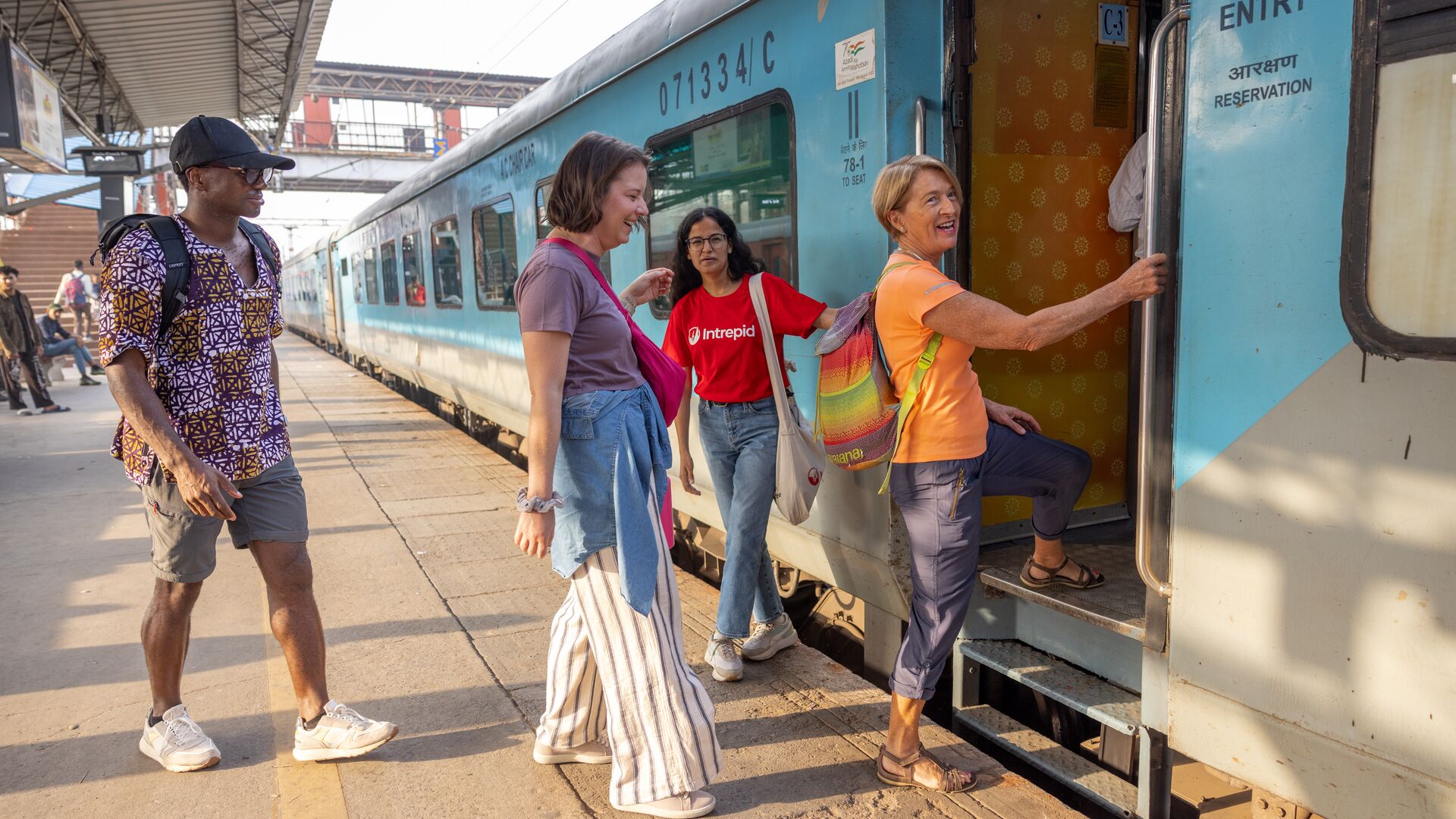
The advent of the slow movement
The slow movement gained traction in the mid-80s after a Rome resident campaigned against the opening of a McDonald’s in the Piazza di Spagna. This spawned slow food—a more sustainable and regional alternative to fast food. Then came slow cities, slow living and, of course, slow travel.
The unofficial godfather of the slow movement, author Carl Honore, described the phenomena this way:
“It is a cultural revolution against the notion that faster is always better. The Slow philosophy is not about doing everything at a snail’s pace. It’s about seeking to do everything at the right speed. Savouring the hours and minutes rather than just counting them. Doing everything as well as possible, instead of as fast as possible.”
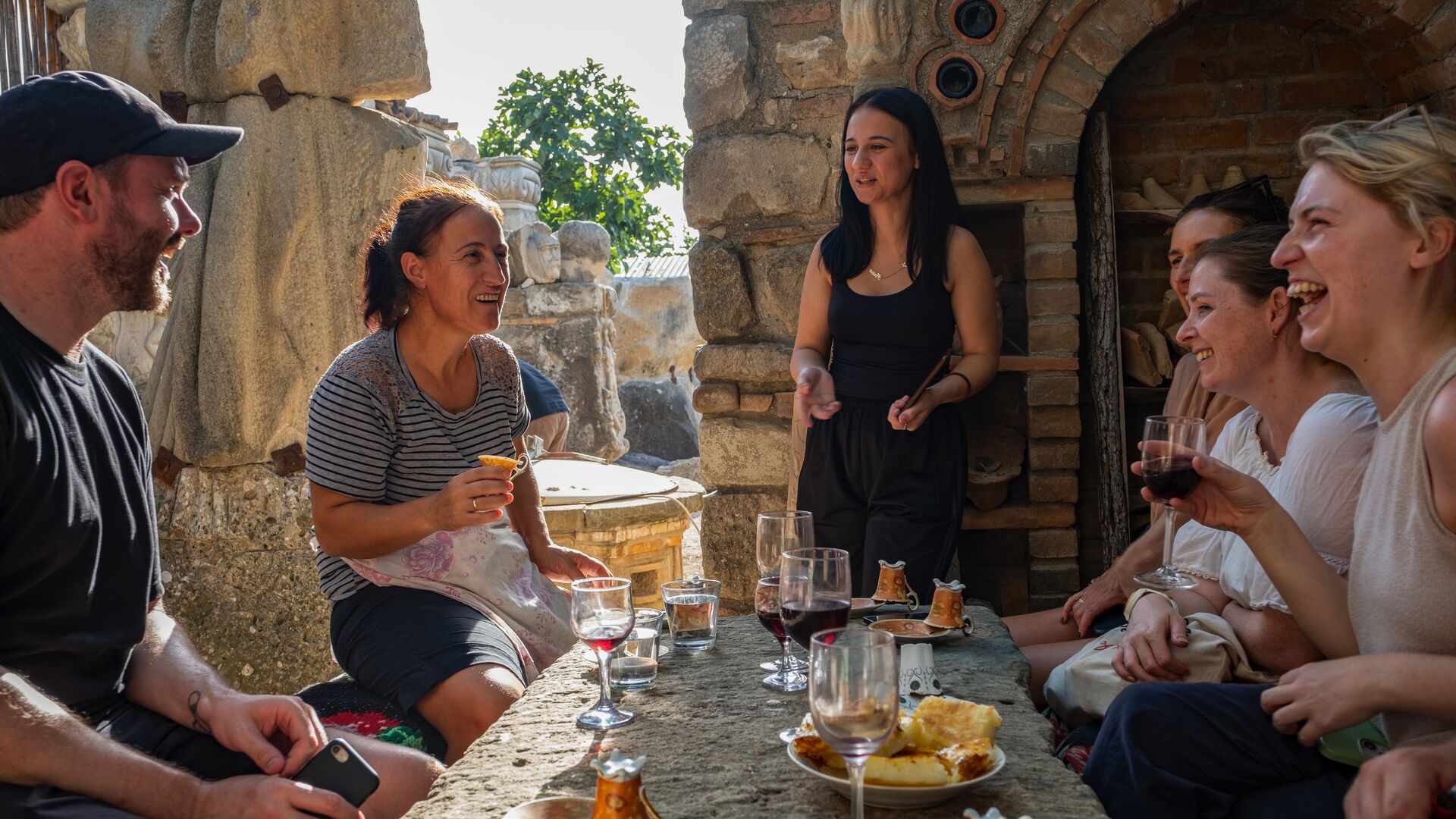
What is slow travel?
The slow movement is particularly apt when it comes to travel because it’s one of those activities that lends itself to binging. We often try to cram in more highlights, more temples, more monks, more galleries, more meals, more wanderlust – faster, faster, faster – all in order to “maximise our time”.
Some travel companies now offer twenty Europe countries in 15 days. Big bus trips drag photo-snapping tourists from highlight to highlight like an elaborate Pez machine that dispenses superficial memories instead of candy. And people use the phrase ‘I’ve done Belgium’.
We now expect all current all the time. No telegraphic blips. No interruptions. No meaning.
The slow travel movement is a cultural whiplash against this kind of thinking. Instead of spending your two-week European holiday flying from museum to museum in the back of a bus, you pick one spot – maybe a cottage in the French countryside – and stay there.
You take the time to learn the rhythms of local life. You buy food from the market. You cook it. You explore. You spend some time doing nothing. The idea is that place, a real sense of place, takes a dedicated chunk of time to cultivate.
Related: What travelling the world solo taught me about life

The benefits of slow travel
There’s an awful lot of clutter in modern life, and the only logical antidote to clutter is simplicity. Slow travel excels at simplicity. Freed from the pressure of ‘seeing everything’, you can actually relax a bit and enjoy your holiday.
There’s a better chance you’ll meet local people, see a few sights off the traditional tourist path and get an appreciation for a different way of life (which some would argue is the whole point of travel in the first place).
Slow travel also tends to keep tourism dollars in the pockets of those who need them most. Money stays in local communities, local restaurants and local farms. You usually end up saving on transport and accommodation costs, and practising more of the local language.
It’s basically a distillation of our favourite bits of travel, without any of the frenzied list-checking or selfie-snapping competitiveness that distracts from the fun of the journey.
Embrace the pause
The telegraph is an interesting flashback in history. On the one hand, it’s nice to know that people 200 years ago worried about this stuff too (and in fact, every great leap forward in communication technology has been accompanied by prophecies of social doom).
But it’s also important to remember that for the telegraph, the meaning and the words only came from absence. From silence. You can’t have current all the time, and you can’t travel on a continuous hamster wheel of highlights.
Now more than ever, we need to switch off and embrace slow travel.
Jump aboard one of Intrepid’s rail trips to savour slow travel and see more of a place rather than rushing through it.

